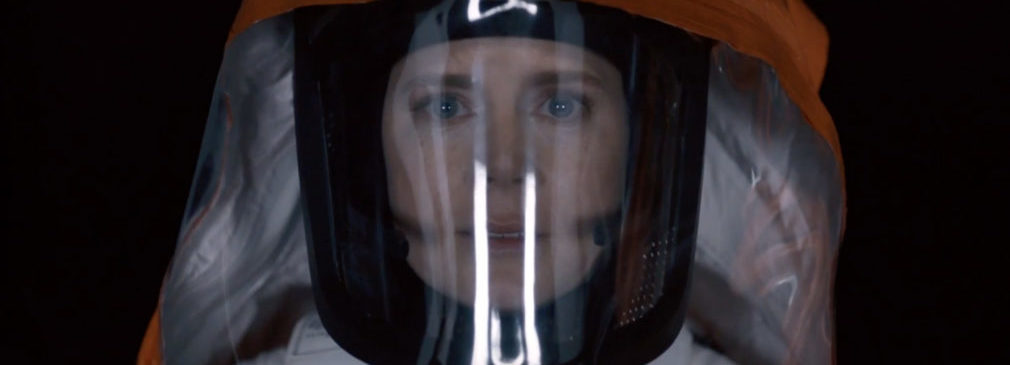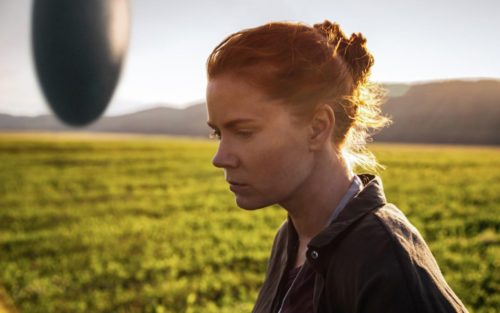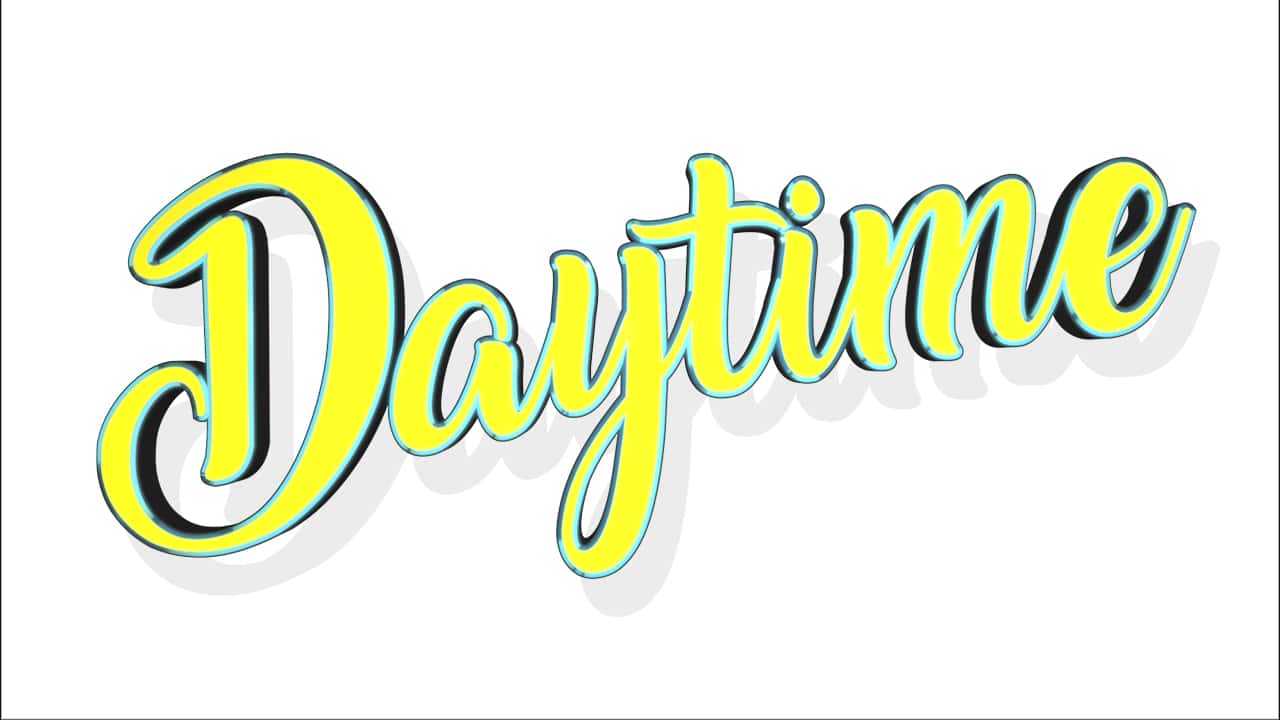
Share
There’s a quote from Emil Cioran, a Romanian philosopher, that goes a little something like this: “One does not inhabit a country; one inhabits a language. That is our country—our fatherland—and no other.” George Orwell depicted language as a major weapon of oppression in “Nineteen Eighty-Four.” In “Arrival,” language is not only a fatherland and a possible weapon, but something of a religion.

To explain the plot in detail would be a disservice, so I’ll keep it vague. Giant vessels that resemble vertical canoes have appeared in various locations across the globe. Inside the vessels, countries are making individual attempts at communicating with the squid-like extraterrestrials. The sharing of information gathered varies between countries—for example, America seems to be in closer contact with Australia than it is with Japan. In these United States, our government enlists Louise Bank (Amy Adams), a linguist and college professor, and Donnelly (Jeremy Renner), a scientist, to hopefully break the language barrier and arrive at that million-dollar question, “why are they here?”
First contact has played out in numerous films, but never with this much care and attention. Every word and visual cue exchanged is precious. The lifeforms communicate in circles, using an ink-like substance emitted from their tentacles—when they write, it looks like one of those Magna Doodle toys I remember playing with. When I speak of language as a religion, these circles are the first clue. Circles are the same going backward as they are going forward, like a palindrome or maybe—put on your tinfoil hats, people—the cyclical nature of time itself.

Beyond the aliens, we also see the power of language between humans, whether it be nations, strangers or the closest of families. In one of the film’s pivotal moments, the only thing that can prevent all hell from breaking loose isn’t an equal but opposite reaction, but a few words—and not the strategic words of a silver-tongued politician or a snarky jerk like me, but the right words. As with all great science-fiction, it’s never about the aliens, the pompous androids or the apes who have inherited the earth; it’s about us.
All the big ideas wouldn’t mean much if there wasn’t something to apply them to, and that’s where Louise and her ill daughter come into play. This subplot, beautifully detailing the relationship—or communication, rather, in keeping with the theme of language—between parent and child, runs parallel to the alien story. But, the two storylines slowly drift in each other’s direction and collide into a single word — the right word.
I think it’s safe to say now that Denis Villeneuve is one of our best working directors, especially following last year’s phenomenal “Sicario.” His films feels like they’re jogging, but when the credits roll and the lights come up, you turn around and realize you’ve gone quite the distance. It’s a muted brand of filmmaking that approaches its subject with caution and reverence, but also an intense passion.
Along with language, “Arrival” is also about time—you know, the thing that leaves scars on our faces and kills bananas right after we buy them. It tells us that time is either a weapon, a tool or a gift, or some combination of the three. Whatever it is, we only have so much of it, and “Arrival” is well worth yours.
4 out of 5 stars














